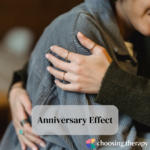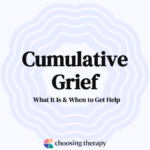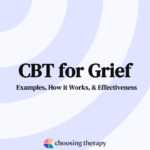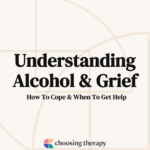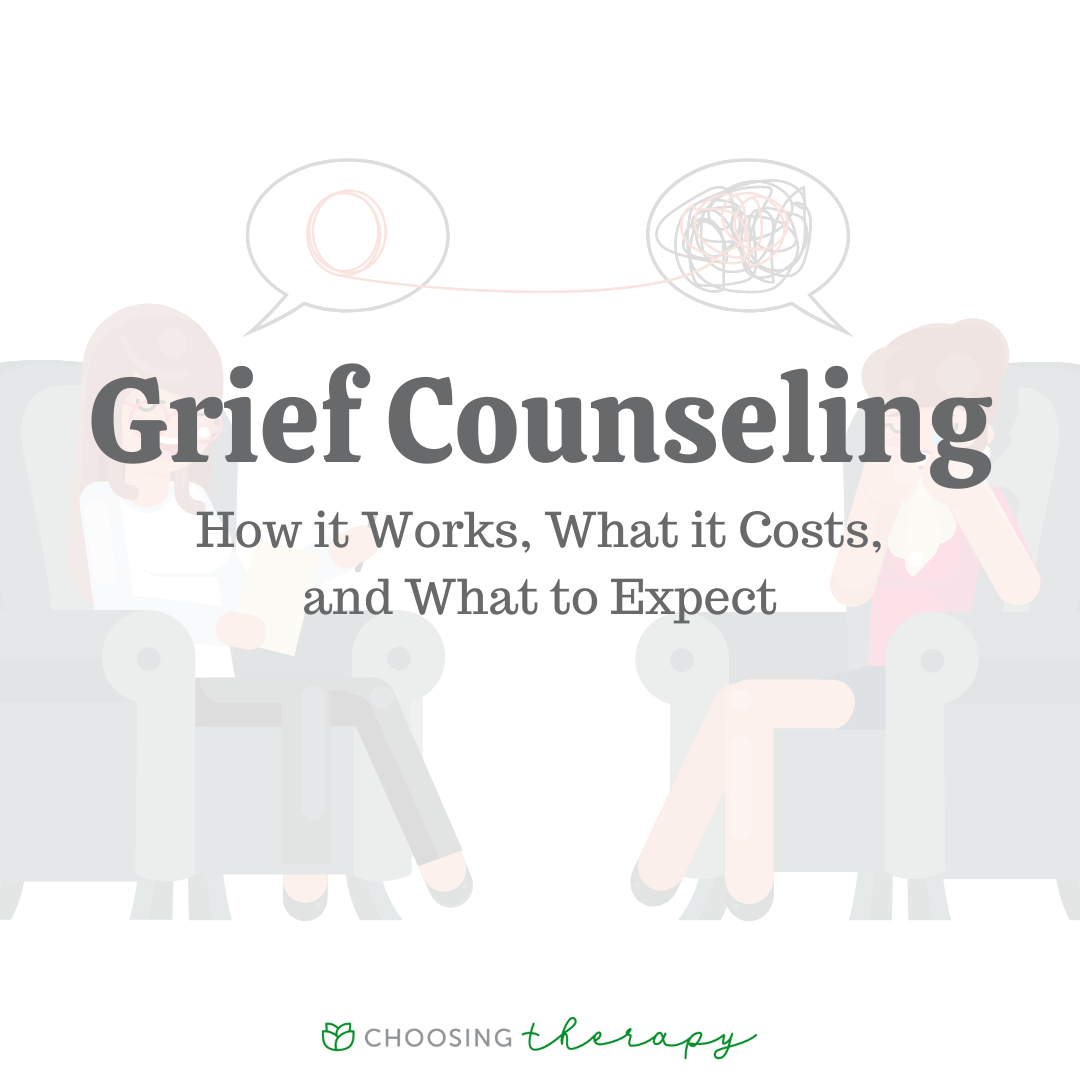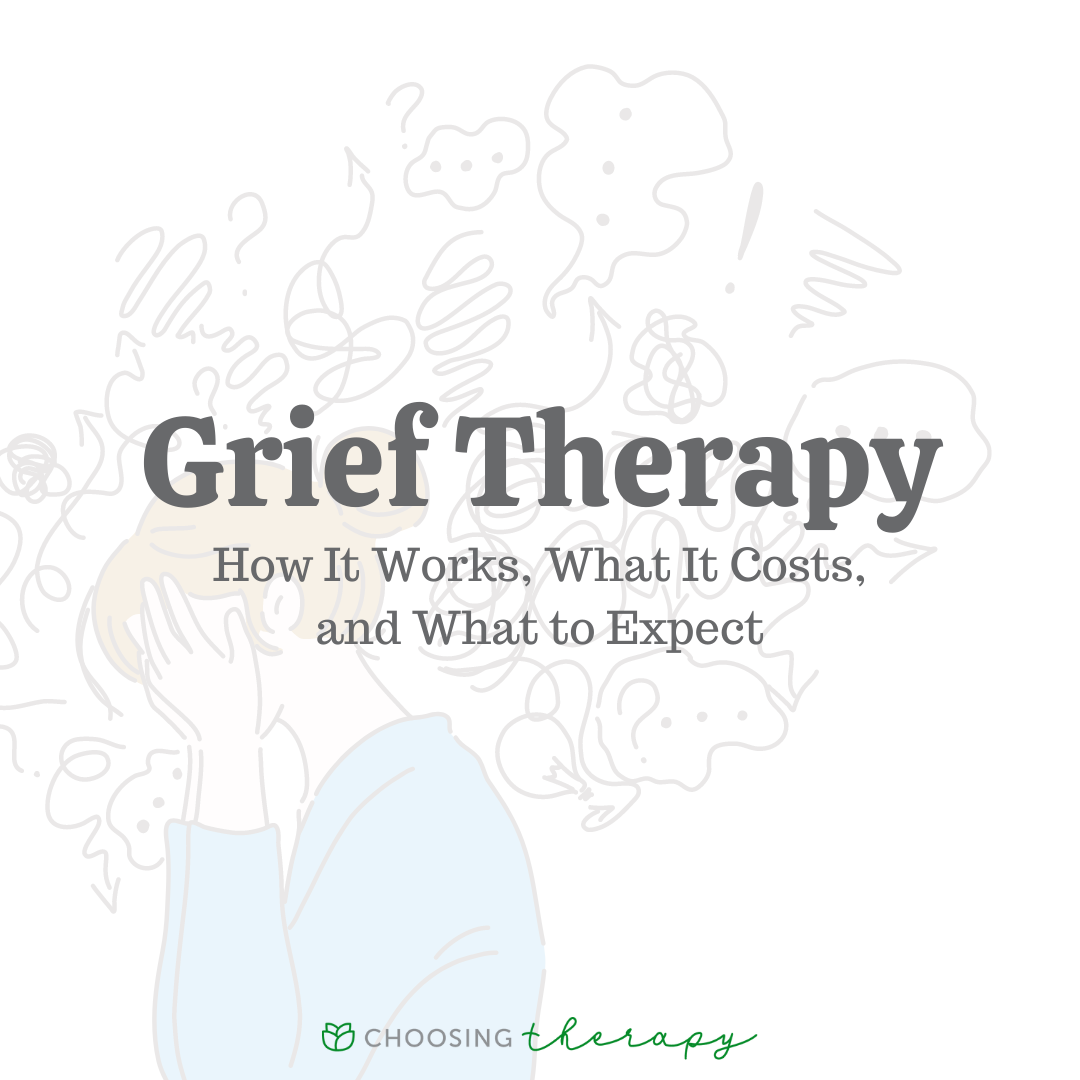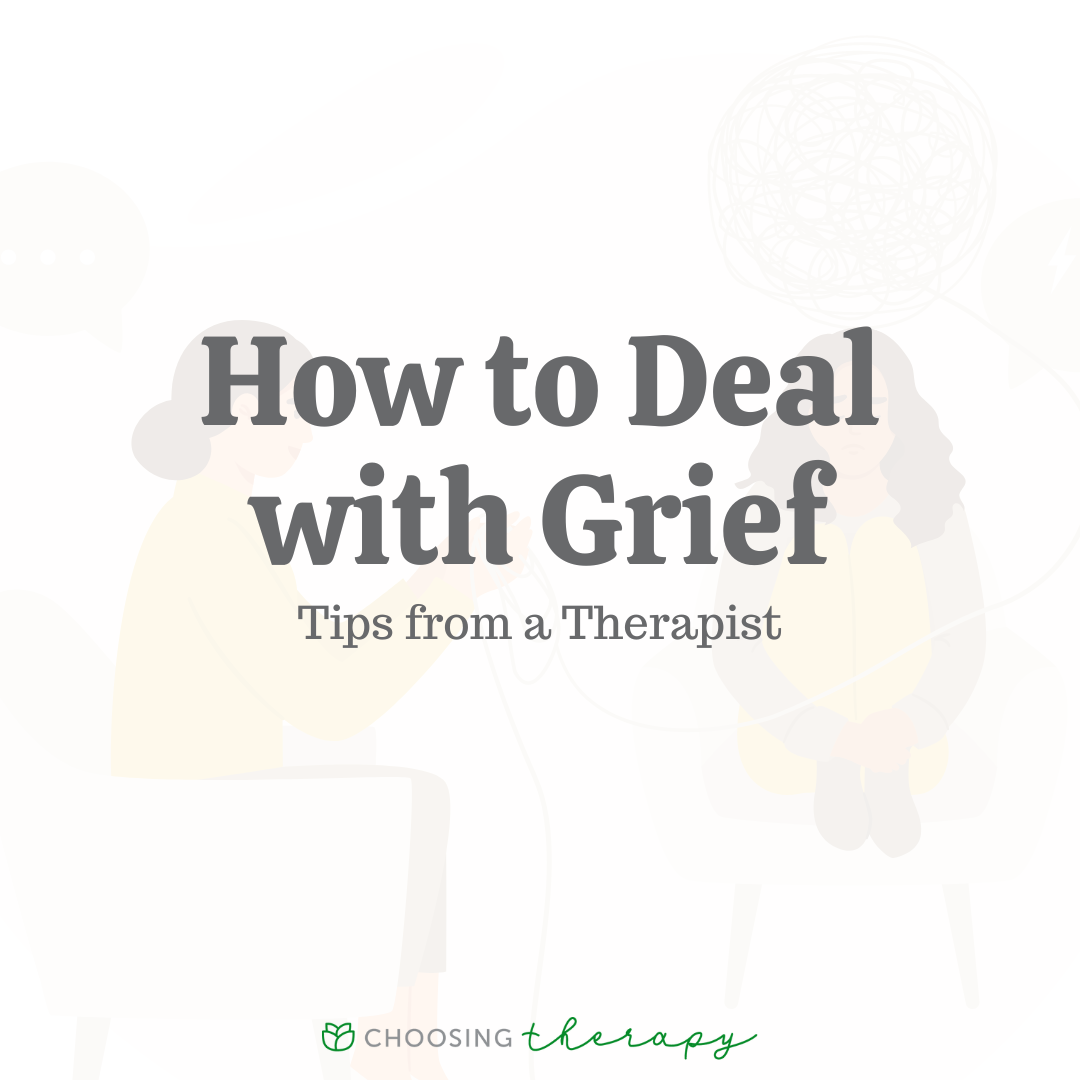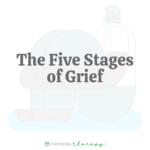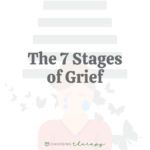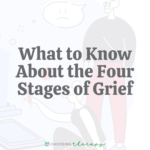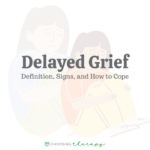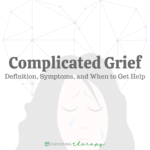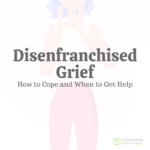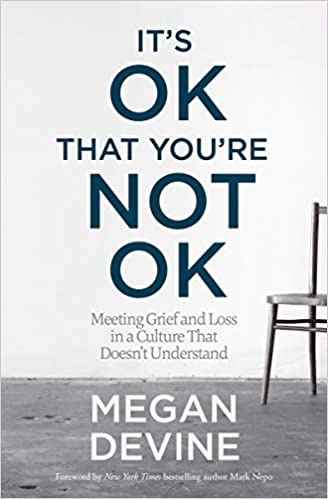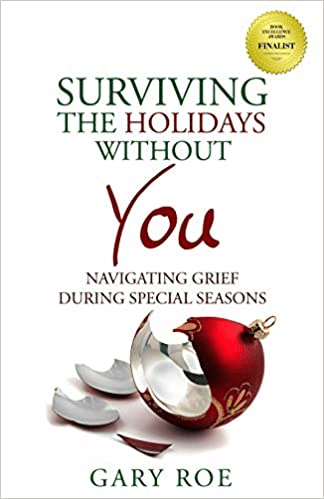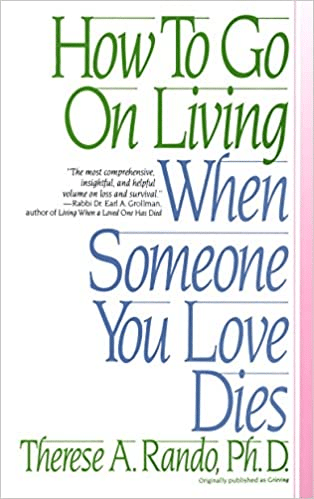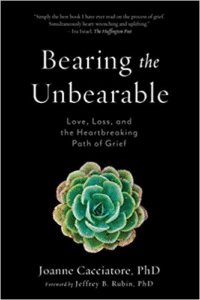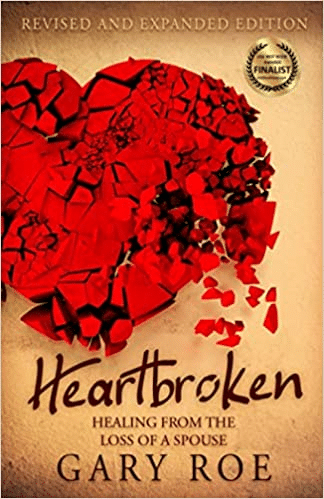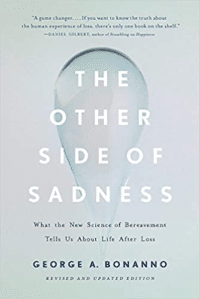
Learn More About Grief
Grief is a normal reaction to loss and the associated changes. People can experience many types of grief, and reactions vary depending on the person. Sadness, depression, avoidance, and anger are all common symptoms, but everyone processes grief differently. Below are articles about grief and loss, providing information about how to cope with and recover from loss.
Featured Grief Articles

Dealing With Grief During the Holidays: 28 Ways to Cope
Dealing with grief is already a difficult thing to face, but to go through the holidays without a loved one is another challenge. Here are 28 tips for how to cope.
by: Hart Haragutchi, MA, LMHCA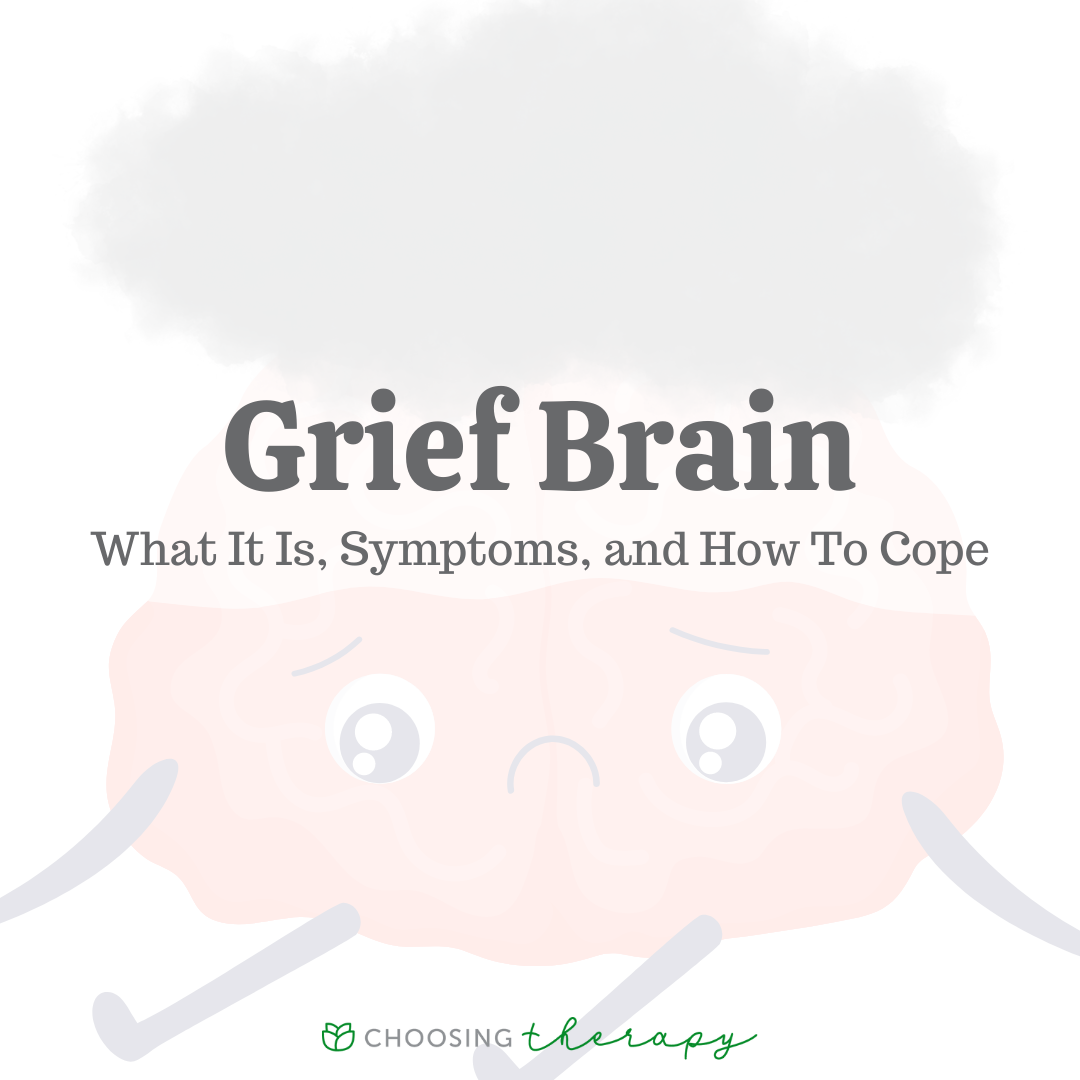
Grief Brain: What It Is, Symptoms, & How to Cope
Grief brain affects memory, concentration, and cognition. Your brain is focused on the feelings and symptoms of grief, leaving little room for everyday tasks.
by: Iris Waichler, LCSWSupport Options for Grief

Stages of Grief
FAQ About Grief
How Long Does Grief Last?
Grief does not have a timeline, and everyone grieves differently. Typically, normal grief fades with time as people grow accustomed to life after a loss. However, prolonged grief can intensify, and many people may need professional support to cope.
What Is Grief Counseling?
Grief counseling focuses on helping people deal with the pain and upheaval that accompanies grief and loss. A grief counselor can offer support to those dealing with significant distress as a result of any type of significant ending or loss brought about by a major change (e.g., divorce, job loss, disability, immigration).
What Are the Symptoms of Grief?
Symptoms of grief can be physical, cognitive, emotional, and behavioral and impact all aspects of life. Common grief symptoms include headaches, insomnia, fatigue, crying, confusion, and memory problems. Complicated grief symptoms are more intense and prolonged, including trouble accepting a death, ruminating on a loss, and emotional numbness.

Types of Grief
Read More About Grief

